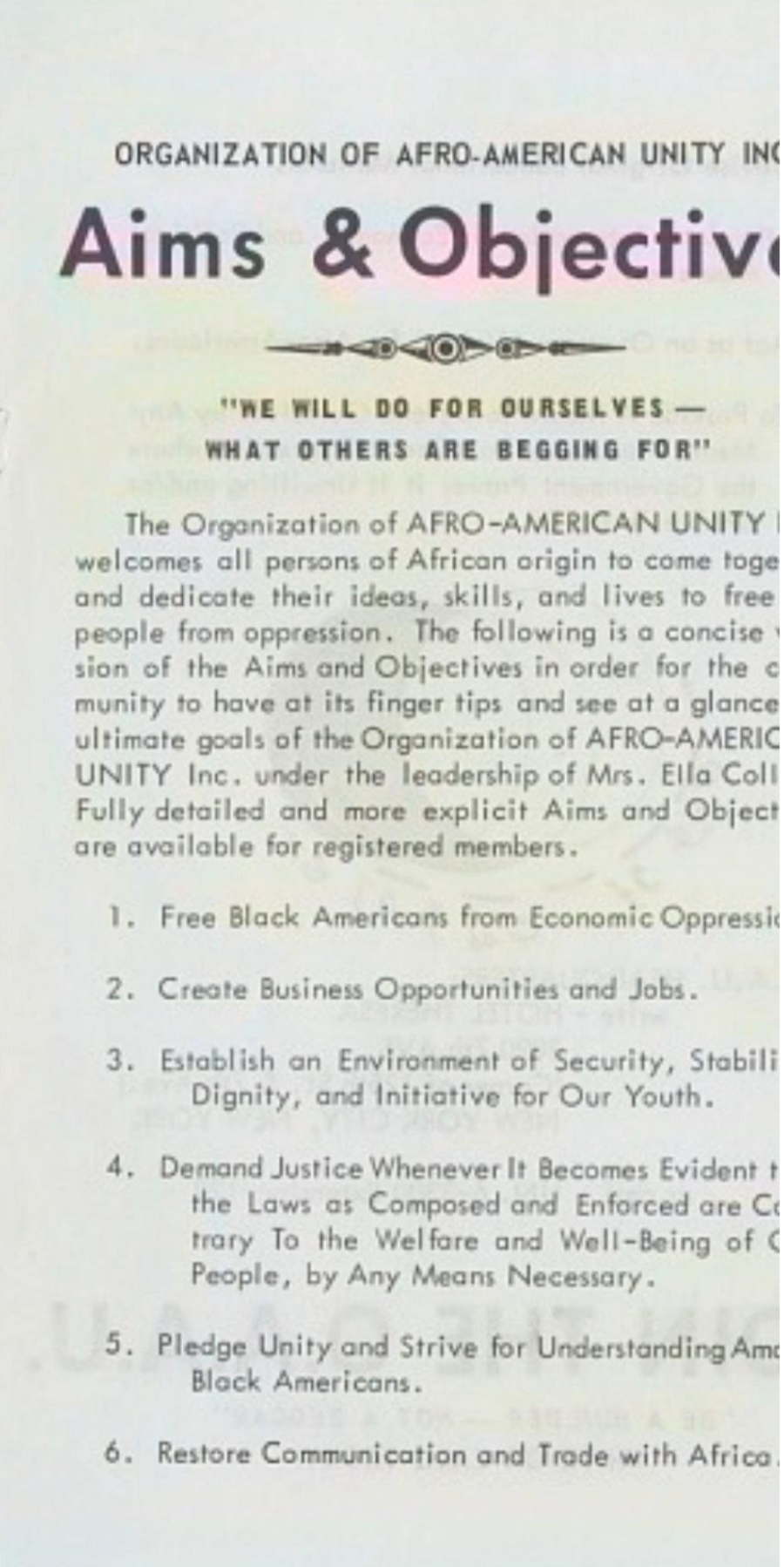The Impact of Tariffs on Prices/Black Culture
- Chuck King

- May 29, 2025
- 4 min read
Updated: Jun 30, 2025

Recently, discussions and actions regarding tariffs have emerged between this country and others. The "Orange dude" recently announced direct tariffs on imported goods from other nations. In response, those countries have increased tariffs on both goods purchased from us and their own imports. So let's talk about this in relation to Black culture. We can clearly expect price increases. The cost of products used regularly are anticipated to rise.
Relatable Challenges: Despite the unfortunate yet relatable examples, this serves to emphasize the importance of communal self-sufficiency. Products such as Asian-imitated black hair items are likely to become more expensive. While we provide financial backing to this market, we do not gain any revenue, opportunities, or privileges from it. Especially not when those selling these products appear to look nothing like us. The Black hair market is a significant part of our spending, yet the suppliers and distributors often do not reflect our community.
Sellers are likely to shift the weight of increased tariffs to consumers. Based on this, I anticipate that these imported goods, which mimic African products, would be subject to taxation under the the tariff adjustments. In response, they will shift this burden onto Black consumers by increasing product prices, as we often overlook the balance between cost and value.

To achieve self-sufficiency, one must explore the methods required to produce the goods and services necessary, rather than solely relying on foreign suppliers as the solution. This mindset was instilled in us by legendary figures like Booker T. Washington, Marcus Garvey, Malcolm X, and numerous others.
The significant decline in Black-owned businesses after desegregation has caused this mindset to recede into the background. To encourage and promote both financial and physical self-sufficiency among our youth and all members of our tribe, we must rebrand and reintroduce this initiative to our diaspora.
Few people have the luxury to shop at a Black-owned grocery store today. However, we can adopt practices to sell and trade among ourselves. Although currently we as a people control a very minimal portion of the production market in the U.S., this can rapidly change if we embrace community traditions and collaboration. It's more challenging for agencies to tax what we produce ourselves. Even in small spaces like studio apartments, gardens can be established. We recently highlighted how gardens as small as a 3-foot box can make a difference. Achieving self-sufficiency in an oppressive system requires complete cooperation. One neighbor might grow squash, another okra or tomatoes, and we can organize trade or swap meets to share fresh produce. Moreover, food grown locally avoids import taxes and the pesticides found in commercial products. The discussion on increasing taxes on essential goods should serve as a reminder for us to revisit the path to self-sufficiency, much like our ancestors did.

None of the imported goods come from Africa, a region we should prioritize for trade. It's been a long time since Black communities in the U.S. have had a successful trade partnership with Africa. The Honorable Marcus Garvey, through the UNIA, purchased the Black Star Line steamship. This ship not only transported people to Africa but also engaged in the trade and transport of consumer goods. Would be great to engage and cooperate with all of the diaspora who can participate towards the cause.

Prime examples can be seen in Burkina Faso President Ibrahim Traore's work to make the land free of oppression and self sufficient. Tomatoes rank among the nation's top-produced crops. Under Traore's leadership, new production facilities have been set up to transform tomatoes into diverse products, including Tomato paste, ketchup, and other goods. These products not only cater to local demand but also offer export opportunities to generate revenue. It may appear uncommon to witness Black economic collective efforts like these, but it is crucial that our generation ensures they never fade away. These practices are what pave the way to liberation and self-sufficiency. We must nurture a shared belief and comprehension that anything is achievable within the collective. Burkina Faso, along with other Sahel nations, has revoked foreign mining permits that were exploiting their natural resources for selfish gains. Additionally, other countries have started to take action by either joining this initiative or imposing fines on companies, marking the beginning of increased accountability.
Black business owners may be impacted by tariffs if their inventory includes imported goods, such as food, beverages, produce, and items for food trucks. Now is an ideal time to explore local commercial farmers within our diaspora. Even products like gloves or
healthcare items are often imported. If Burkina Faso can establish tomato production plants, why not question how items are made? Our ancestors asked similar questions as they collaborated to build factories, airports, movie theaters, and other historical staples.

In summary, the raise in tariffs serve as reminders of the practices of our ancestors we should reintroduce. What collective initiative or project have you embarked upon or considered? Feel free to write about it. Coming into summer is a great way to create avenues. We can raise awareness of our need for communal self-sufficiency through action.










Comments